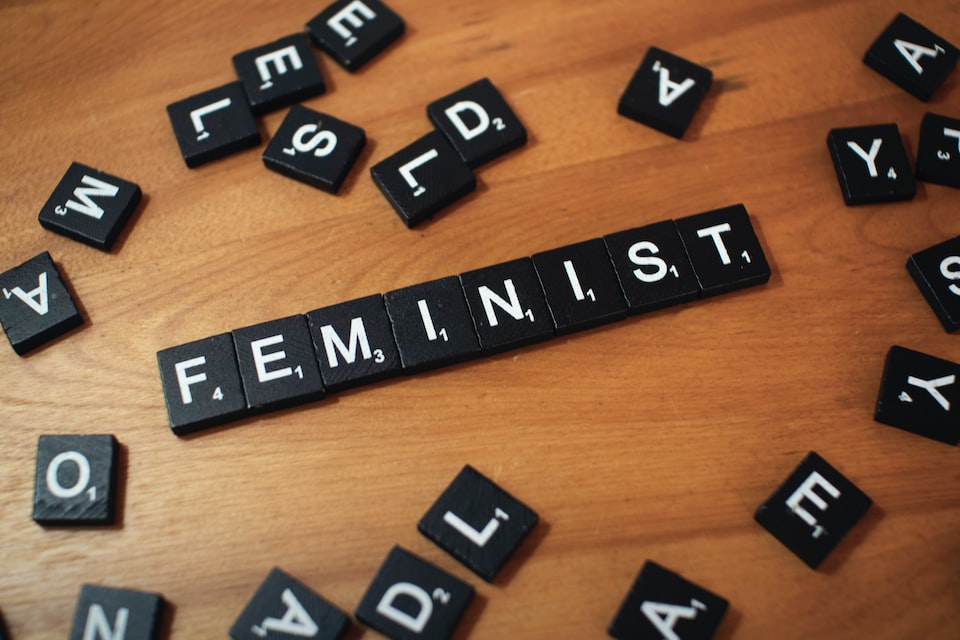
Feminism, An Ongoing Fight
September 10, 2023 - Reading time: 3 minutes
Beginning in the late nineteenth century, first wave feminism was a movement that pushed for greater rights and opportunities for women. It is frequently regarded as the forerunner of modern feminist movements such as second and third wave feminism. While this was an important part of history, it was fraught from the start due to the entrenched gender roles of the time. This essay will look at some of the challenges that first-wave feminists faced, such as traditional gender roles, religious opposition, and a lack of economic independence.
Traditional values and gender roles were very much in place at the start of first wave feminism. Women were expected to be chaste, obedient housewives who valued domestic fulfillment over public acclaim. They were confined to their homes and expected to perform all household tasks, whereas men worked in higher-paying jobs outside the home (Minnich 2010). This hampered women's access to education and employment, making it difficult for them to advocate for themselves or participate in political debate (Frye 1983). Furthermore, because of these traditional views, many people saw first wave feminism as dangerous or immoral (Solomon 2008).
Furthermore, religious organizations frequently opposed first wave feminists because of their stated mission of working against male authority (Slee 2017). Conservative Christian groups, in particular, argued that feminism sought to undermine God-given male authority over womanhood (Kifner 2011). Furthermore, many people believed that suffrage—the right of women to vote—was "unnatural" because it would destabilize society if women had equal political power (Minnich 2010). As a result of various religions' stances, churchgoers frequently refused to support feminist causes or even withheld aid when asked by suffragettes (Gillespie 2004).
Economically disadvantaged women faced additional challenges because they lacked financial independence. Because many low-income households relied solely on a man's income, poor women could not afford to fight for their rights in the same way that wealthier women could; they had no choice but to suffer mistreatment in silence (Threlkeld 2018). Furthermore, those who attempted to make their voices heard risked losing any benefits received from their husband or father (Williams 1981).
In conclusion, first wave feminism encountered numerous challenges during its existence, including societal imposed gender roles as well as opposition from religious organizations. Furthermore, lack of economic independence made it difficult for poorer women to participate in the movement, despite being among those most affected by inequality. Nonetheless, these difficulties only served to fuel the global movement for greater justice and equality for women, both then and now.
References:
- Frye, Marilyn 1983 ‘The Politics Of Reality: Essay In Feminist Theory'. Berkeley: Crossing Press
- Minnich, E 2010 'Transforming Knowledge'. Philadelphia: Temple University Press
- Kifner, John 2011 'Religion And The Rise Of Feminism', New York Times
- Slee, N 2017 'Women's Rights And Religion'. London: Routledge
- Solomon, J 2008 'If You're An Egalitarian How Come You're So Rich?'. Cambridge MA: Harvard University Press
- Gillespie, Bruce 2004 'A Cultural History Of Women's Suffrage Movements'
- Threlkeld, D 2018 ‘Woman Suffrage And Economic Justice For Low Income Women'
- Williams, GL 1981 ‘Poverty And Female Disenfranchisement'. New Jersey: Rutgers University Press